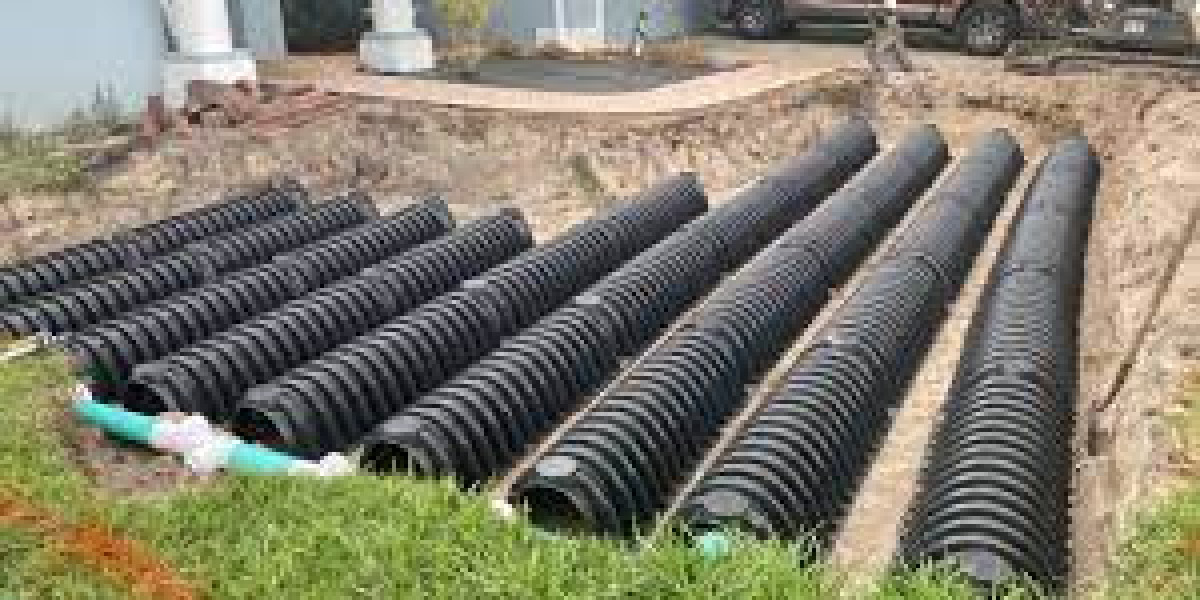In the bustling city of Atlanta, businesses rely on efficient infrastructure to thrive, and a well-functioning septic system is essential for maintaining operations smoothly. Commercial properties often have unique requirements when it comes to wastewater management, making the commercial septic system installation in atlanta a critical consideration. Let's explore the intricacies of commercial septic system installation in Atlanta and the key factors businesses need to consider.
Understanding Commercial Septic Systems:
Unlike residential septic systems, which cater to individual households, commercial septic systems are designed to accommodate higher volumes of wastewater from businesses, restaurants, industrial facilities, and other commercial establishments. These systems must adhere to specific regulations and standards to ensure compliance with environmental guidelines and protect public health.
Navigating Local Regulations:
One of the first steps in commercial septic system installation is understanding the regulatory landscape in Atlanta. Local ordinances, zoning laws, and environmental regulations govern the installation, operation, and maintenance of septic systems in the city. Business owners must obtain the necessary permits and approvals from the relevant authorities before proceeding with the installation process.
Assessing Site Suitability:
Site evaluation is crucial in determining the feasibility of installing a commercial septic system. Factors such as soil type, groundwater levels, property size, and proximity to water sources must be carefully assessed to identify suitable locations for the septic tank and drainfield. Engaging qualified engineers or environmental consultants can help businesses navigate these considerations effectively.
Designing the System:
The design phase of commercial septic system installation involves developing a customized plan tailored to the specific needs and requirements of the business. Factors such as wastewater volume, peak flow rates, and space constraints are taken into account to design a system that optimizes performance and efficiency while ensuring regulatory compliance.
Selecting the Right Components:
Commercial septic systems consist of various components, including septic tanks, distribution boxes, drainfields, pumps, and treatment units. Choosing the right components is critical to the success of the installation. Factors such as tank capacity, material durability, and treatment technologies must be carefully evaluated to meet the needs of the business and ensure long-term reliability.
Professional Installation and Construction:
Commercial septic system installation is a complex undertaking that requires specialized knowledge and expertise. Working with experienced septic contractors or engineering firms is essential to ensure that the installation is carried out efficiently, safely, and in accordance with applicable regulations. Proper construction techniques and quality materials are key to the durability and longevity of the system.
Maintenance and Compliance:
Once the commercial septic system is installed, ongoing maintenance and compliance are essential to ensure continued functionality and regulatory adherence. Businesses must establish a regular maintenance schedule, including pump-outs, inspections, and effluent monitoring, to prevent system failures and regulatory violations.
Conclusion:
Commercial septic system installation in Atlanta requires careful planning, regulatory compliance, and professional expertise to ensure success. By understanding the unique challenges and considerations involved, businesses can navigate the installation process effectively and maintain reliable wastewater management solutions for years to come.







